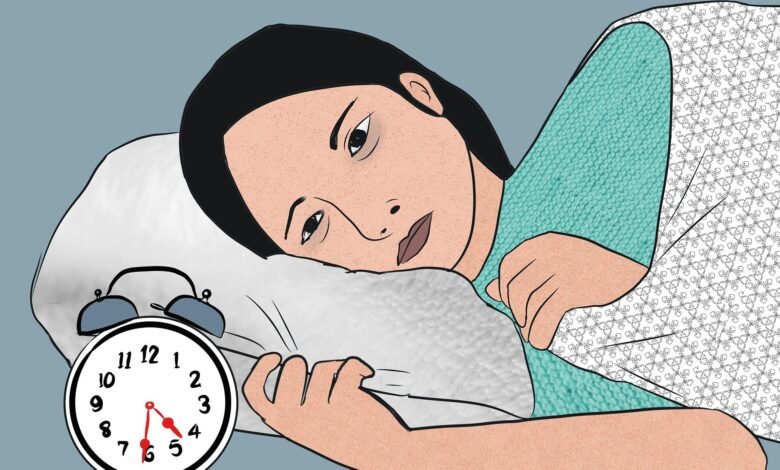
Introduction:
In our fast-paced world, where the demands of work, social life, and personal commitments often compete for our time, one aspect that is frequently sacrificed is sleep. Yet, the significance of sleep cannot be overstated when it comes to maintaining optimal health and overall well-being. In this article, we delve into the profound impact that sleep has on various facets of our physical and mental health, shedding light on the importance of making quality sleep a priority.
The Basics of Sleep:
Before we explore the impact of sleep on health, it’s essential to understand the basics of sleep itself. Sleep is a complex physiological process that involves different stages, each playing a crucial role in supporting various bodily functions. The two main types of sleep are REM (rapid eye movement) and non-REM sleep, and each stage contributes to different aspects of physical and mental restoration.
Physical Health Benefits:
Immune System Support: Adequate sleep is linked to a robust immune system. During sleep, the body produces and releases cytokines, proteins that help fight infection and inflammation. Chronic sleep deprivation, on the other hand, may compromise the immune system, making individuals more susceptible to illnesses.
Weight Management: Lack of sleep has been associated with weight gain and obesity. Sleep influences the hormones that regulate hunger and appetite, such as ghrelin and leptin. Disruption in these hormonal balances due to insufficient sleep can contribute to overeating and weight-related issues. Students can avail the best services of book ghostwriting service too.
Cardiovascular Health: Quality sleep is essential for cardiovascular health. It plays a role in regulating blood pressure and reducing the risk of heart disease. Chronic sleep deprivation may elevate blood pressure and increase the likelihood of developing cardiovascular issues.
Mental Health Benefits:
Cognitive Function: Sleep is crucial for cognitive functions such as memory consolidation, problem-solving, and decision-making. A good night’s sleep enhances learning and helps the brain process and store information effectively.
Emotional Well-being: Adequate sleep is linked to emotional stability and resilience. Sleep deprivation can lead to irritability, mood swings, and an increased susceptibility to stress. It also plays a role in managing mental health conditions like anxiety and depression.
Practical Tips for Improving Sleep:
Establish a Consistent Sleep Schedule: Going to bed and waking up at the same time every day, even on weekends, helps regulate your body’s internal clock.
Create a Relaxing Bedtime Routine: Engage in calming activities before bedtime, such as reading a book, taking a warm bath, or practising relaxation techniques. Education assistance be avail for novel ghostwriting services in Dubai.
Optimize Your Sleep Environment: Ensure that your bedroom is conducive to sleep by keeping it dark, quiet, and cool. Invest in a comfortable mattress and pillows for a restful night’s sleep.
Conclusion:
Understanding and prioritizing the impact of sleep on overall health and well-being is a fundamental step towards adopting a healthier lifestyle. By recognizing the vital role sleep plays in physical and mental health, individuals can make informed choices to improve their sleep habits, leading to a more vibrant and fulfilling life.



